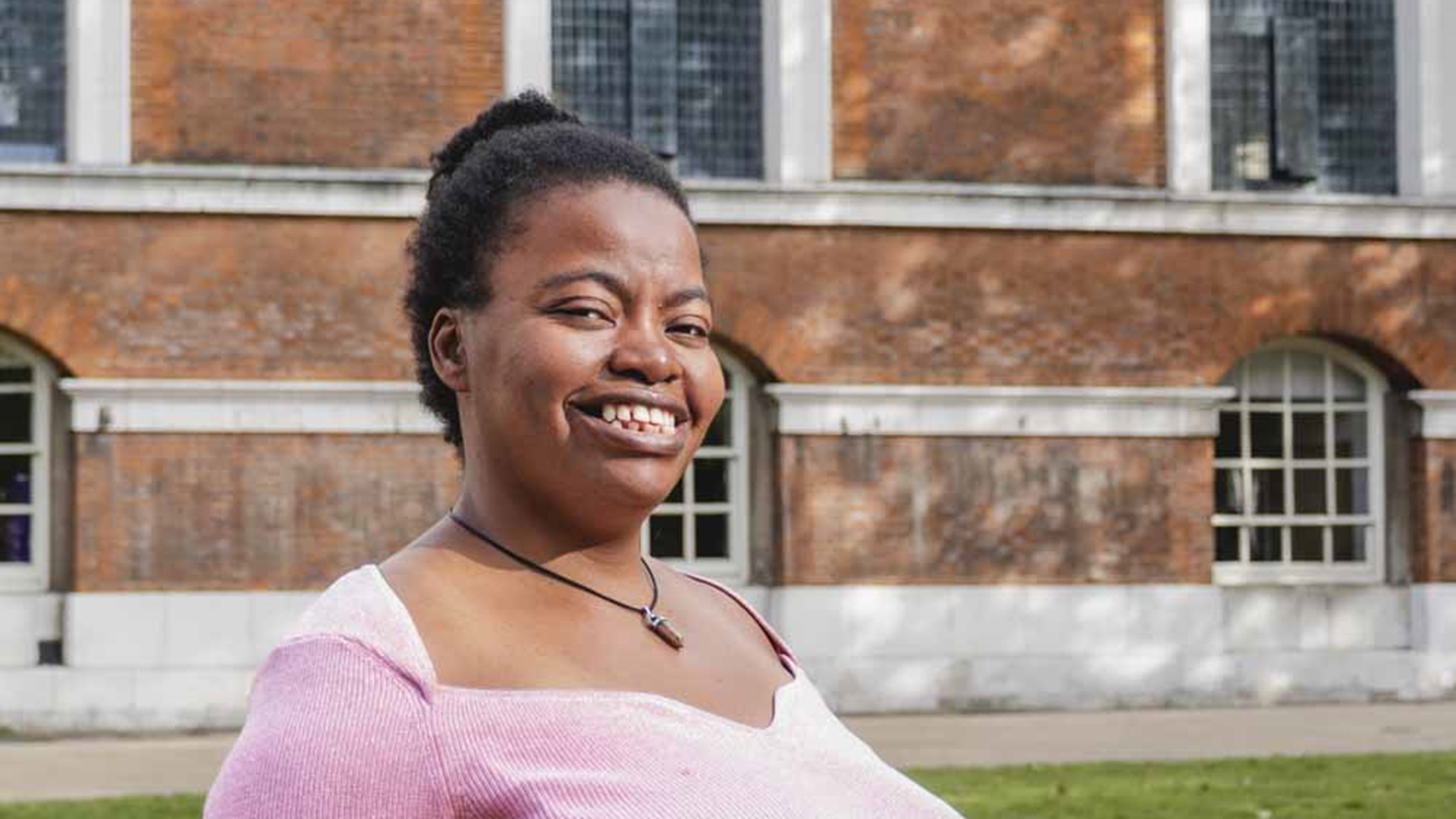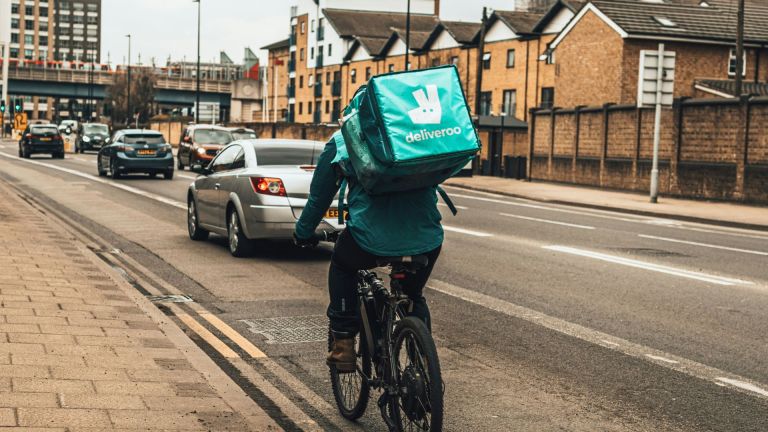In less than a month, it will be Christmas. In the residential home for young people where I work, we’re already talking about how we want to celebrate. What decorations might work in the communal rooms, and if they want to decorate their own rooms, or visit winter wonderland. Each child is different, and they have all been through extremely challenging life events. But for each of those children, we want to make Christmas really special.
That’s why, when I hear the government talk about a “crackdown” on overseas carers like me, I can’t help picturing young people in care, those with disabilities and the elderly. For some in these groups, carers are a lifeline. Whether working overnight shifts or making the daily visits that allow vulnerable people to stay in their home, carers are the people that check up on you, make sure you’re eating well and celebrate with you when it’s your birthday, or a festival like Christmas. What happens if the carer is suddenly no longer there?
Change a Big Issue vendor’s life this Christmas by purchasing a Winter Support Kit. You’ll receive four copies of the magazine and create a brighter future for our vendors through Christmas and beyond.
Under plans drawn up by immigration minister Robert Jenrick, the government could restrict foreign health and care workers to bring one relative with them to the UK, or possibly ban them from bringing family dependants altogether. It comes as the prime minister vowed to do “whatever is necessary” to reduce net migration, which reached a high of 745,000 in 2022. According to the Office for National Statistics, some of the growth was due to workers taking up overseas care worker visas.
The net migration figures reveal a simple fact – the country needs us. Across the UK, there is a lack of suitable placements in children’s homes, and much of that is due to a shortage of staffing. The reality of care work is that you need staff who are available all the time, including unsociable hours like weekends and evenings, and often for low pay. Residential homes find themselves in a Catch-22 situation where in order to offer places to new residents, they need enough staff to look after them. And that’s without considering the increased need for other types of carers as the population ages.
But the debate around net migration also reveals a troubling set of double-standards as well. Rishi Sunak recently boasted about an investor visa which allowed entrepreneurs to bring their family to the UK. Don’t carers have families too? Care work is hard, and often involves dealing with challenging behaviour. After a difficult day, it’s important to be able to come home and have a cuddle with a loved one. It took me six months to be reunited with my son after I moved to the UK, and it was very hard on him, as it would be for anyone who is missing their family.










